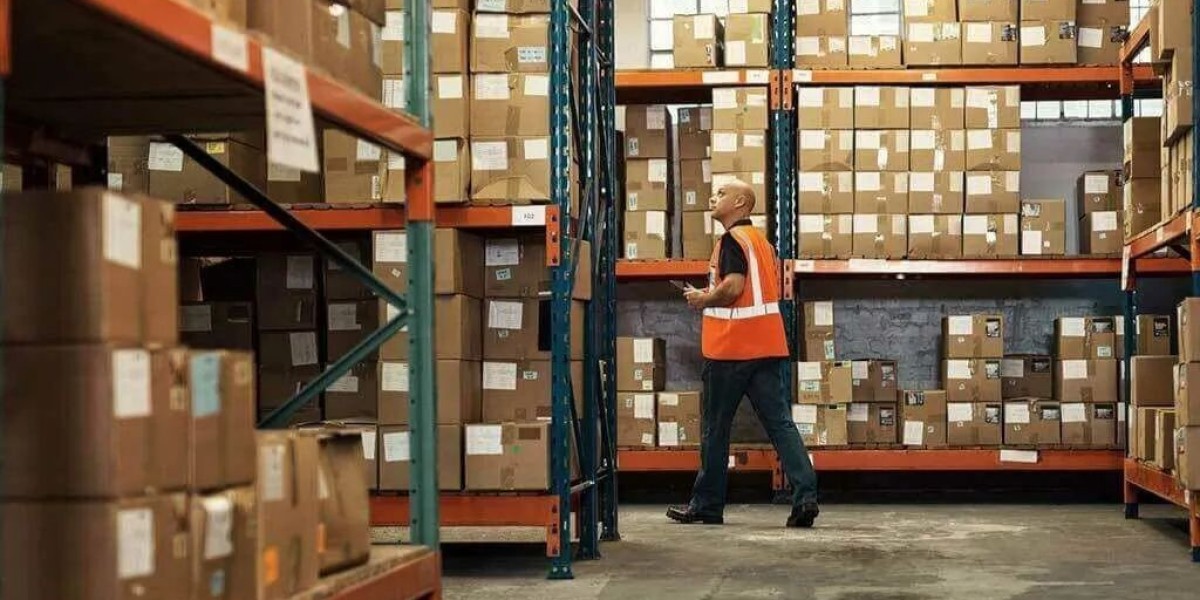Wholesale distributors play an integral role in the global supply chain, bridging the gap between manufacturers and retailers. They ensure that goods produced in large quantities reach the end consumer efficiently and affordably. Understanding the significance, operations, and opportunities offered by Distributors is crucial for businesses looking to expand or streamline their supply chains. This article delves deep into the world of wholesale distribution, exploring its functions, types, challenges, and emerging trends.
What Are Wholesale Distributors?
Wholesale distributors are intermediaries that purchase products in bulk from manufacturers and sell them to retailers, businesses, or other distributors. They operate as a middleman, enabling manufacturers to focus on production while ensuring the timely delivery of goods to end markets. Wholesale distributors often specialize in specific industries, such as food, electronics, fashion, or industrial equipment, and offer a variety of services beyond merely supplying products.
The Functions of Wholesale Distributors
The role of wholesale distributors extends beyond purchasing and selling goods. Key functions include:
Bulk Purchasing: Wholesale distributors purchase large quantities of products directly from manufacturers, often at discounted rates due to the volume of their orders.
Storage and Warehousing: Distributors typically maintain extensive storage facilities to house inventory. This allows them to provide quick delivery to retailers and maintain consistent supply.
Inventory Management: By managing stock levels, distributors ensure retailers have access to products without overburdening manufacturers with small, frequent orders.
Logistics and Distribution: Distributors handle the transportation of goods, ensuring efficient delivery to retailers and businesses across regions.
Market Knowledge and Customer Support: Leveraging their industry expertise, wholesale distributors often advise manufacturers and retailers on market trends, pricing strategies, and product demand.
Types of Wholesale Distributors
Wholesale distributors can be categorized based on the industries they serve and their business models:
Merchant Wholesalers: These distributors purchase goods from manufacturers and take ownership of the inventory before reselling it to retailers. They often operate warehouses and handle logistics.
Agents and Brokers: Unlike merchant wholesalers, agents and brokers do not take ownership of the goods. They facilitate transactions between manufacturers and buyers, earning a commission for their services.
Specialized Distributors: These distributors focus on niche markets, such as organic foods, luxury goods, or industrial machinery, providing tailored services and expertise.
Dropshipping Wholesalers: Dropshipping distributors act as intermediaries without holding inventory. When a retailer places an order, the distributor ships the product directly to the customer.
Benefits of Partnering with Wholesale Distributors
For businesses, partnering with reliable Household Wholesale Distributors offers numerous advantages:
Cost Efficiency: Buying in bulk reduces the cost per unit, enabling businesses to maintain competitive pricing.
Access to Diverse Products: Distributors often provide access to a wide range of products, simplifying the procurement process for retailers.
Supply Chain Optimization: By outsourcing inventory management and logistics to distributors, businesses can focus on core activities like marketing and sales.
Scalability: Wholesale distributors support business growth by ensuring consistent product availability, even during periods of high demand.
Challenges in Wholesale Distribution
While wholesale distribution is a vital link in the supply chain, it comes with its own set of challenges:
Inventory Management: Maintaining optimal inventory levels is a constant balancing act to avoid overstocking or stockouts.
Price Fluctuations: Changes in raw material costs, currency exchange rates, and market demand can impact pricing strategies.
Competition: The rise of e-commerce and direct-to-consumer models has intensified competition, pushing distributors to innovate.
Regulatory Compliance: Navigating import/export regulations, safety standards, and environmental laws can be complex and costly.
Trends Shaping the Future of Wholesale Distribution
The wholesale distribution industry is evolving rapidly, driven by technological advancements and shifting consumer expectations. Key trends include:
Digital Transformation: The adoption of e-commerce platforms, automation, and data analytics is revolutionizing the way distributors operate. Online portals allow retailers to place orders seamlessly, track shipments, and access real-time inventory data.
Sustainability Initiatives: With increasing emphasis on environmental responsibility, many Tire Rack Wholesale distributors are adopting sustainable practices, such as energy-efficient warehousing and eco-friendly packaging.
Personalization: Leveraging data insights, distributors are offering personalized product recommendations and tailored services to meet the unique needs of their clients.
Global Expansion: Advances in logistics and trade agreements are enabling distributors to expand their reach to international markets, opening new revenue streams.
How to Choose the Right Wholesale Distributor
Selecting the right wholesale distributor is critical for the success of any business. Here are some factors to consider:
Reputation and Reliability: Research potential distributors to ensure they have a proven track record of reliability and excellent service.
Product Range: Evaluate whether the distributor offers a diverse range of products that align with your business needs.
Pricing and Payment Terms: Compare pricing structures and negotiate favorable payment terms to maximize profitability.
Location and Logistics: Consider the distributor’s proximity to your business and their ability to deliver products efficiently.
Customer Support: A responsive and knowledgeable support team is essential for resolving issues promptly.
The Role of Technology in Wholesale Distribution
Technology is at the forefront of transforming wholesale distribution. Key technological tools include:
Enterprise Resource Planning (ERP) Systems: ERPs streamline operations by integrating inventory, order management, and financial processes into a single platform.
Artificial Intelligence (AI): AI-powered tools enable demand forecasting, inventory optimization, and personalized customer experiences.
Blockchain: Blockchain technology ensures transparency and traceability in the supply chain, enhancing trust and reducing fraud.
Internet of Things (IoT): IoT devices, such as smart sensors, provide real-time data on inventory levels and warehouse conditions, improving operational efficiency.
Conclusion
Wholesale distributors are the unsung heroes of global trade, facilitating the seamless movement of goods from manufacturers to consumers. Despite challenges, the industry is poised for growth, driven by innovation and evolving market demands. Businesses that understand the dynamics of Wholesale Extracts Flavorfrenzy distribution and build strong partnerships with distributors can unlock significant competitive advantages. As technology continues to reshape the landscape, the future of wholesale distribution promises to be more efficient, sustainable, and customer-centric.








